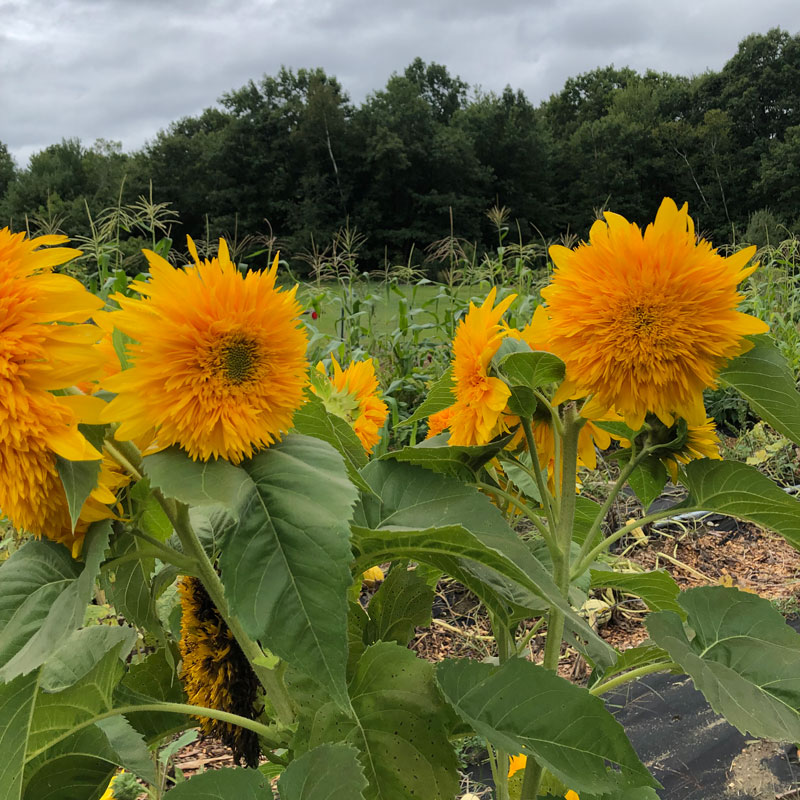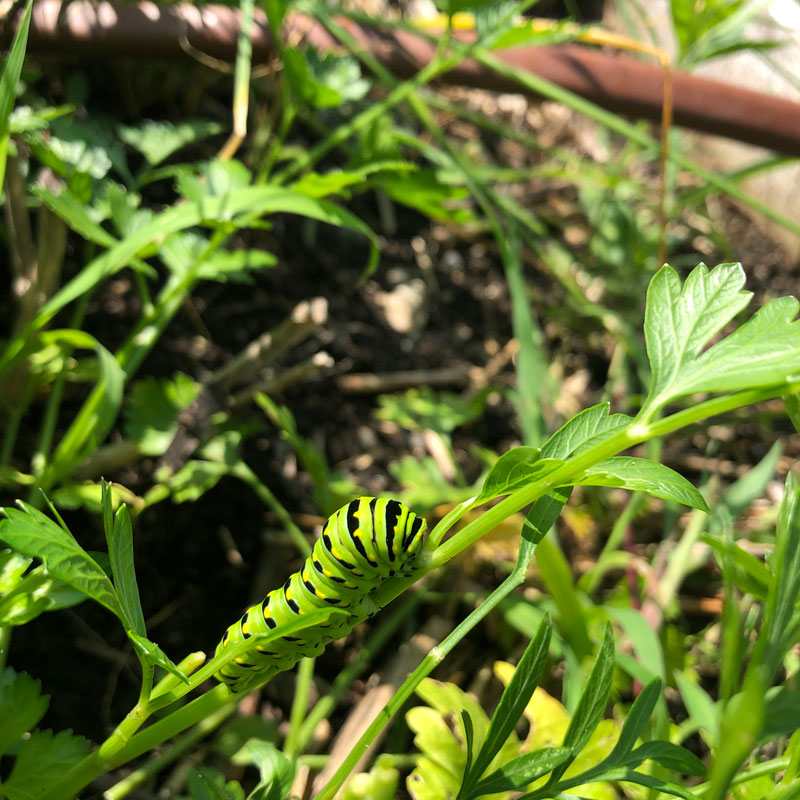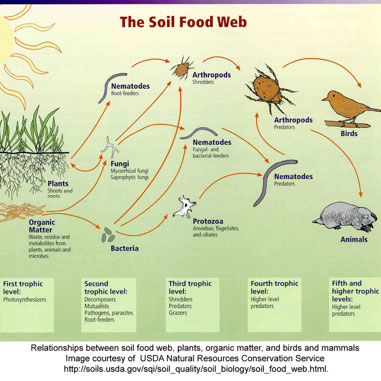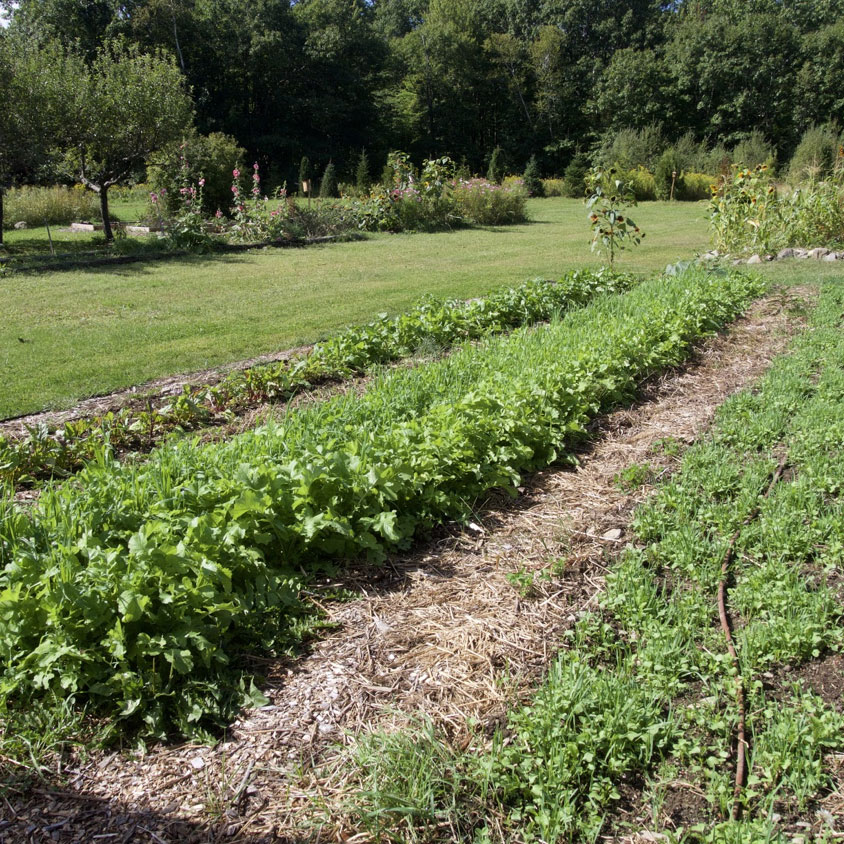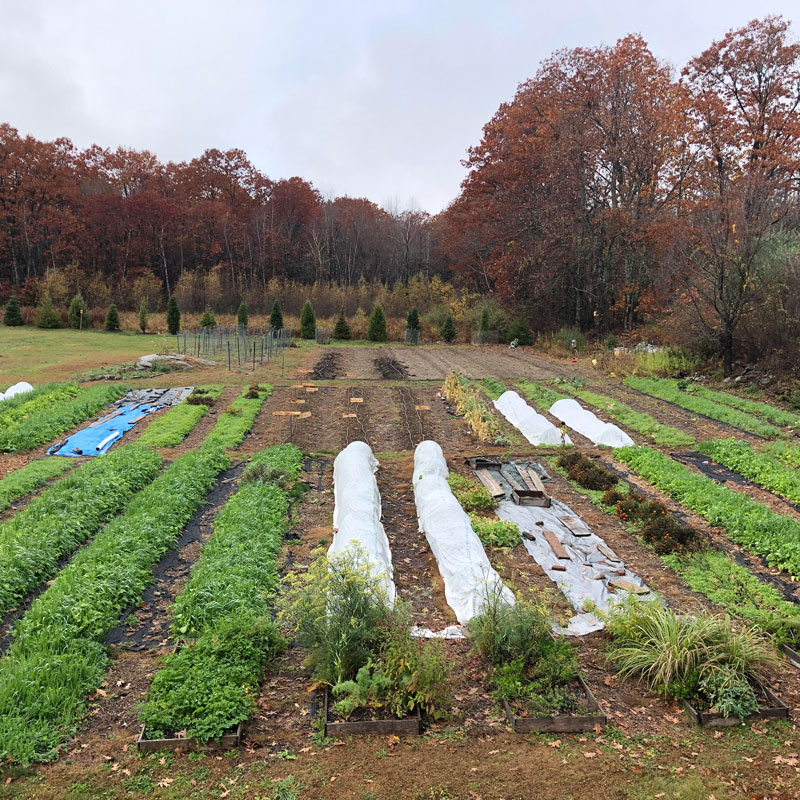Agroecology Program
Overview
Agroecology is kind of farming that applies ecological principles to the management of sustainable food systems. At our small farm in Rutland, MA that means we try to balance the need for food production with the sustainable (and indeed regenerative) management of our landscape. Fruits and vegetables are just one part of a system which includes sun, water, microbiology, plants, wildlife, humans and our greater community. The particular techniques we use include no-till agriculture, permaculture design, regenerative farming practices and an emphasis on perennial crops. You can explore these concepts further in our blog and resource section.
A central belief at the Agro-Eco Project is that farming with agroecological techniques produces superior quality produce and, more importantly, healthier food rich in antioxidants, minerals and vitamins. That is why we are teaming up with the Bionutrient Institute, a global institution seeking to scientifically prove that food grown sustainably is healthier than food grown on an industrial scale. Our aim is to show that nutrient dense food is the direct result of employing regenerative farming practices.
We share our agroecological farming experiences with our community in different ways. We collaborate with local schools and other like minded organisations in the form of farm tours and seminars which are posted in our Blog section. Please also consult our Resource and Video pages on our website for more information regarding our regenerative exploits.
Our farm is inspired by the following principles
Agroecology
Agroecology is a set of farming practices which seek to harness ecological processes and put them to use in food production. For example, instead of using toxic pesticides in our gardens, a common agroecological technique will intercrop specific types of plants and flowers that attract insects which will in turn consume troublesome pests. Another popular agroecological practice used to cut out the application of synthetic fertilizers involves the planting of carefully selected cover crops in the off season to re-introduce nitrogen and biomass to our soils. Carefully planned planting cycles in agroecological systems are also capable of crowding out and shading weeds, thus greatly reducing (and over time outright eliminating) the use of harmful herbicides.
Yet, the hallmark of a farming system based on the practice of agroecology is biodiversity. In stark contrast to monocultures, a biodiverse farm ensures the recycling of nutrients and the harnessing of naturally occuring symbiosis between all participants of our agro-ecosystem which in turn helps us enhance food production and produce quality.
The Soil Food Web and No-Till Agriculture
For decades conventional and industrial agriculture have ignored the fascinating, complex and quite frankly magical world of the soil food web below our feet. The idea of the soil food web attempts to explain the interconnected transfer of energy originating from the sun, photosynthesized by plants and released through roots in the form of sugars, minerals, chemicals and compounds to all the thousands of different life forms that live in the soils: from bacteria, to fungi to insects. This system is not linear and thus conceptualized in the metaphor of the food chain, but intrinsically symbiotic, thereby conceptualized as a spider's web vibrating with the energy of cause and effect. There is constant give and take between all the participants that make up the soil food web.
Every time we till our gardens and fields we inadvertently destroy these critical symbiotic relationships. While tilling produces pulverized soils which are aerated and easy to plant in, the soil’s ability to produce its own fertility is inhibited because the soil food web has been damaged by our rototillers. To remedy this, industrial agriculture resorts to the application of synthetic fertilizers which are expensive for the farmer and harmful for the ecosystem, with the unintended consequence of making our crops dependent on external inputs. Plants that cannot partake in the symbiotic relationships of a healthy soil food web are scientifically proven to contain less polyphenols and protective phytochemistry, thus producing an inferior quality vegetable which does not properly nourish us. In addition, plants grown in overplowed fields bereft of a vibrant soil food web will not produce their own protective compounds, thereby making them susceptible to pests and deseases. Once again industrial agriculture's solution to this is an external input: harmful pesticides and insecticides which further damage the soil food web and damage our health as humans.
For these reasons, on our farm we have established a no-till system. Our no-till system relies on permanent raised beds, carefully planned crop rotations, and the planting of green cover crops. Eventually, the need for compost application diminishes, soil fertility improves, aeration occurs naturally (thanks to insect and worm movement throughout the soil), and weed pressure subsides substantially.
Perennial Crops and Agroforestry Techniques
Even though we are employing agroecological and no-till farming practices, we are nonetheless disturbing our soil significantly every year by producing mostly annual crops. One of our long-term aims is to “perennialize” the crops we grow on our farm. We have therefore planted many fruit trees, berry bushes and vines such as hardy kiwis, paw paws, pears, and different types of berries. We are also trialing some hazelnuts and chestnuts.
In addition, we are beginning to include many perennial vegetables that grow in our microclimate here. Turkish rocket, sea kale, perennial sorrel, lovage, asparagus, rhubarb and jerusalem artichokes are excellent examples of crops that produce regularly every year with minimal impact on the soil. Most of these smaller crops are planted in between the rows of taller trees and bushes, a technique that in the field of agroforestry is referred to as alley cropping.

